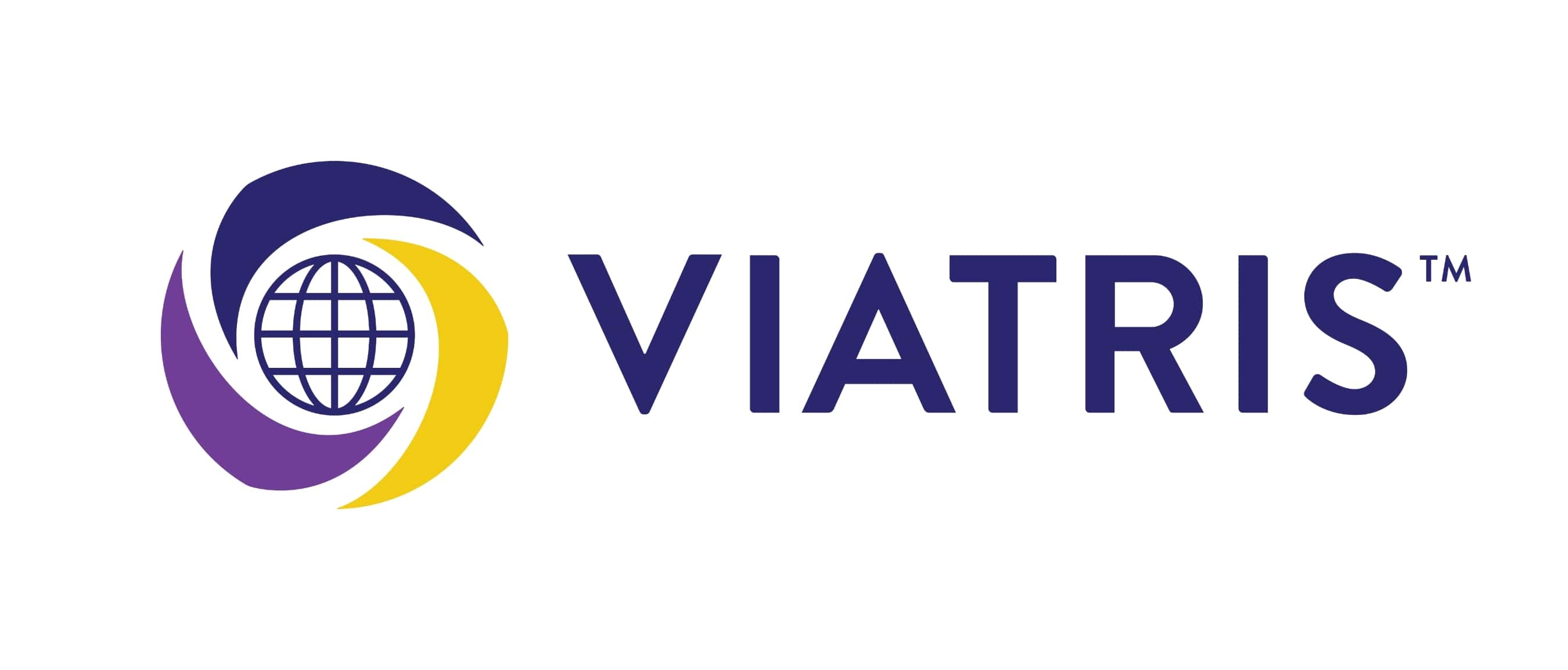Viatris 2023 Sustainability Report: Reducing Packaging Material
Viatris is continuously looking for ways to reduce the volume and types of materials being used in packaging while safeguarding access to high-quality medicines and maintaining compliance with various regulatory and quality requirements around the world.
In 2023, teams across the organization worked together on various projects including:
- Reducing the use of paper by 90 metric tons at our oral-solid dose manufacturing sites
- Reducing 2 metric tons of plastic and 5 metric tons of wood through bulk packaging optimization
- Replacing approximately 88 metric tons of plastic with polythene bags
- Optimizing shrink bundle film to reduce use of plastics by 18 metric tons
- Progressing work to replace leaflets on ARV bottle packs with QR codes, with a pilot study planned for 2024
- Working to replace the existing polychlorotrifluoroethylene (PCTFE) based unit dose in accordance with proposed PFAS (per- and polyfluoroalkyl substances) directive issued by the European Chemical Agency
We are continuing work harmonizing bottle packaging artwork across different markets by using common packaging across multiple countries in multiple languages, including quadrilingual packs, when feasible. This means a single pack can have one label and leaflet (in pad form) that holds information in English, French, Portuguese and Spanish, for example, reducing the need to produce individual bottles for each language. This advances our previous work with trilingual packs that we implemented in 2022.
We are implementing a similar shared pack concept in Europe, which makes our packaging much leaner and gives us more flexibility in our supply chain to supply medicines where they are most needed. We remain committed to continue to work on this concept across more markets in Europe.
Looking ahead, we are exploring adopting e-labeling across other markets, implementing PCTFE mitigation in blister packaging across geographies, carton-less initiatives for technology transfer projects, and reducing paper layers used in shipping boxes.
At our facility in Cairo, Egypt, we started using empty supply carton boxes instead of buying new ones for use in the destruction process for returned expired products. The change has saved the facility four tons of carton boxes annually.

